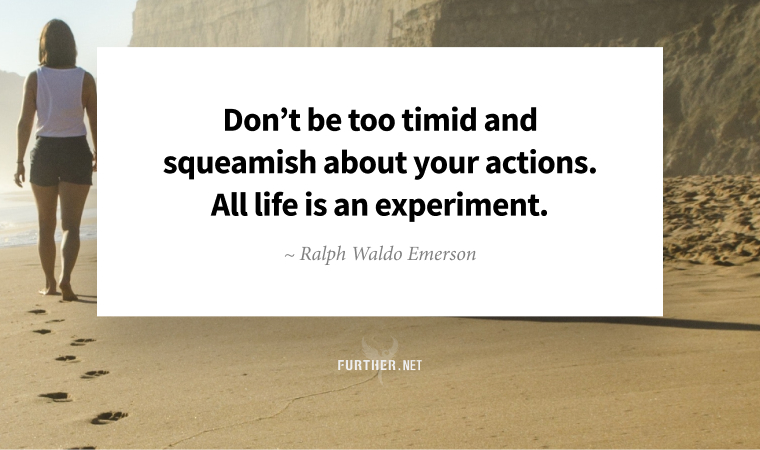
Do you envision yourself living in new and interesting locations, supporting yourself with work you can do from anywhere in the world?
If so, your first step has nothing to do with travel plans or even tech, software, or tools, but it’s vital to make that dream a reality.
I’m talking about your mindset.
The best way to choose your path in life — particularly if it’s unconventional, like, say, becoming a digital nomad at age 59 — is a growth mindset, popularized by Stanford researcher Carol Dweck in her book, Mindset: The New Psychology for Success.
With an outlook that thrives on challenges and change, you’ll be ready to explore far-flung places you would’ve only dreamed of if you didn’t have an open mind for the open road.
What’s Your Mindset?
In a nutshell, if your mindset is fixed, you believe you’re stuck with the natural traits and abilities you were born with. If you have a growth mindset, you believe you can learn new skills and improve with practice and application.
This leads to differing views of success and failure and impacts your willingness to move outside your comfort zone.
Creativity, exploration, and innovation — traits you need to build a successful business, for example — require a growth mindset. These attributes are also core to digital nomadism, along with a willingness to experiment, fail, and adjust.
Retrain Your Brain
If you’ve had a fixed mindset until now, there’s good news.
You can retrain your brain to develop a growth mindset. Psychology Today recommends 15 steps, starting with acknowledging and embracing imperfection in yourself.
Better yet, take action! Small, repeated actions change beliefs, according to James Clear, author of Atomic Habits.
For example, my husband took up cycling in his late 50s, starting with a few short rides. Over time, he started thinking of himself as a cyclist instead of a couch potato, so he rode nearly every day. That’s what cyclists do, after all.
At 64, he successfully competed against riders in their 20s and 30s in Panama’s Ocean to Ocean race of about 54 miles.
He created what Clear calls “identity-based habits.” As Clear explains:
“You can become more creative, more intelligent, more athletic, more artistic, and more successful by focusing on the process, not the outcome… It’s not about the result, it’s about building the identity of the type of person who gets to enjoy those results.”
I swapped being a book lover with overflowing bookshelves to a mobile reader with a well-stocked Kindle. That might seem like a small change, but for me, it’s huge, with outsize rewards.
If you want to be the type of person who gets to travel the world doing work you love, your journey begins with your mindset.
How Your Beliefs Can Sabotage Your Behavior (James Clear)
